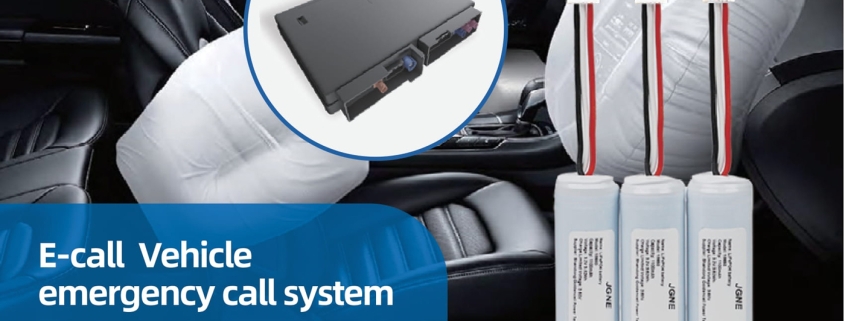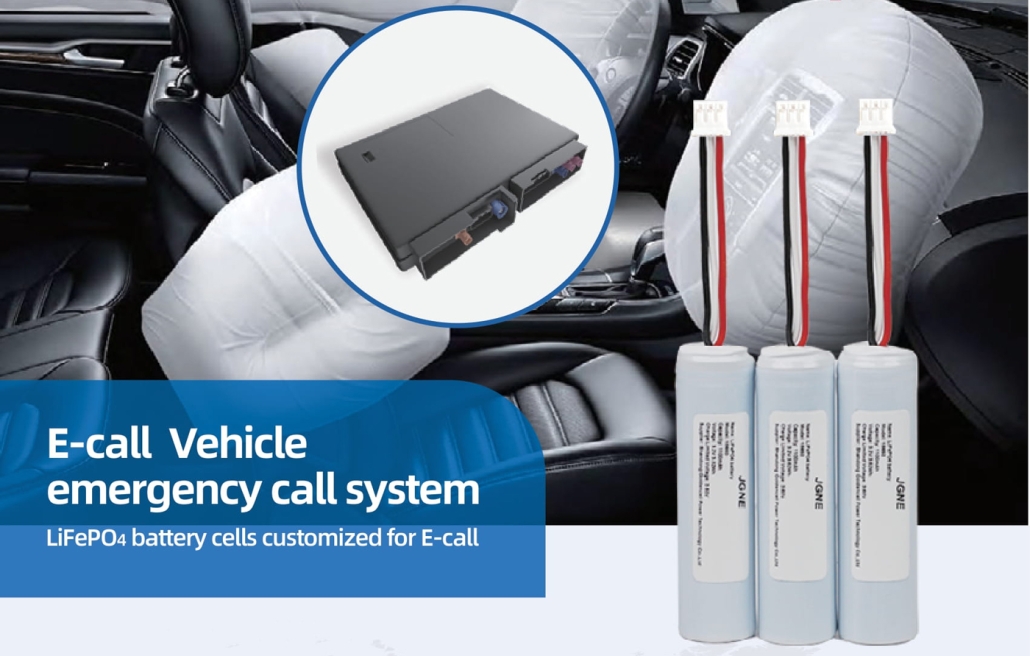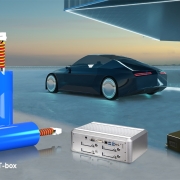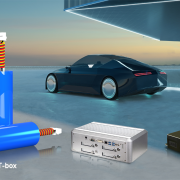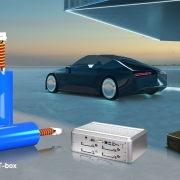Understanding LFP Batteries and Their Role in Powering Telematics Solutions
Telematics solutions are at the heart of modern connectivity, enabling seamless communication between devices, vehicles, and central systems. These systems demand reliable and sustainable power sources to operate efficiently in diverse environments. Battery solutions, such as Lithium Iron Phosphate (LFP) batteries, have emerged as a game-changing technology in this space, offering exceptional performance, longevity, and safety. LFP batteries are a key part of these battery solutions, ensuring that telematics systems maintain consistent power while minimizing environmental impact. By understanding the role of LFP batteries in powering telematics, we can better appreciate their importance in driving innovation across industries like transportation, logistics, and fleet management.
Table of contents:
Why LFP Batteries are the Preferred Choice for Telematics Applications
Advantages of Using LFP Batteries in Long-Term IoT and Telematics Devices
How LFP Batteries Enhance the Stability and Efficiency of Remote Systems
Why LFP Batteries are the Preferred Choice for Telematics Applications
Lithium iron phosphate (LFP) batteries have become the preferred choice for powering telematics solutions in various industries. Their robust performance, reliability, and eco-friendliness make them an ideal option for automotive, IoT, and remote system applications. By incorporating these batteries into telematics and IoT devices, enterprises benefit from advanced battery solutions that enhance performance and increase operational efficiency. Known for their superior safety standards and long-term durability, LFP batteries add exceptional value to systems like T-Box battery applications, where stable power supply is essential. The unique chemical composition of LFP batteries ensures resistance to extreme temperatures, making them particularly well-suited for telematics systems exposed to varying environments. Furthermore, their impressive energy density and low self-discharge rate contribute to creating cost-effective and reliable solutions for businesses globally, enabling long-term usage and minimized maintenance. These features are supported by certifications such as IATF 16949 and high manufacturing standards, ensuring reliability and consistency in telematics applications.
Advantages of Using LFP Batteries in Long-Term IoT and Telematics Devices
Using LFP batteries in telematics is not just about sustaining power but also about optimizing the entire ecosystem of devices, especially for long-range IoT and remote systems. Their consistent energy output supports critical functionalities such as real-time GPS tracking, data collection, and emergency communications. One major advantage is their extended cycle life, making them an environmentally conscious and financially sound choice compared to alternative lithium-based batteries. Businesses relying on telematics for supply chain management, fleet monitoring, or smart city infrastructure will benefit greatly from these advantages. LFP batteries are also lightweight yet powerful, reducing the physical and operational complexities of telematics devices. Their ability to maintain high efficiency under demanding conditions becomes a decisive factor for applications like automotive E-call systems, where consistent performance during emergencies is essential. Advanced safety features, including overcharge and discharge protection, further ensure operational integrity across diverse applications.
How LFP Batteries Enhance the Stability and Efficiency of Remote Systems
By adopting LFP batteries, enterprises can reimagine their IoT and telematics systems, incorporating cutting-edge technology that drives stability and efficiency. These battery solutions provide crucial energy support to T-box battery systems, helping companies achieve reduced downtime and greater functional continuity. For instance, JGNE’s LFP batteries have been designed to handle even the most challenging conditions, guaranteeing both performance and safety. Their renewable material composition also emphasizes environmental stewardship while staying aligned with the goals of corporate sustainability. Integrating these batteries into telematics systems allows businesses to improve their operations while reducing costs, creating innovative solutions that propel industries forward. LFP batteries don’t just power devices—they empower entire operations with reliability, efficiency, and a forward-thinking approach to energy management.
In conclusion, LFP batteries represent a pivotal step forward in energy storage and management. Their combination of durability, safety, and environmental benefits make them an ideal choice for modern industries striving to achieve both operational excellence and sustainability. By adopting LFP technology, businesses not only future-proof their operations but also take meaningful strides towards a greener and more efficient tomorrow.
